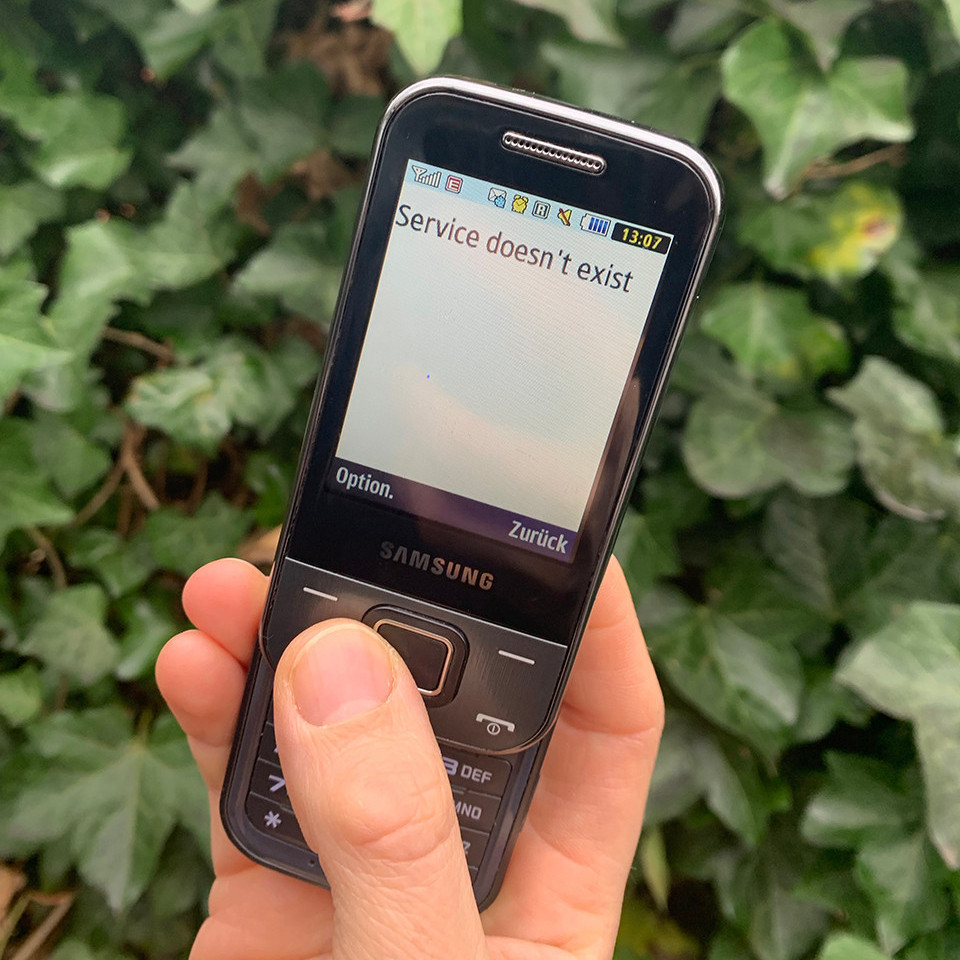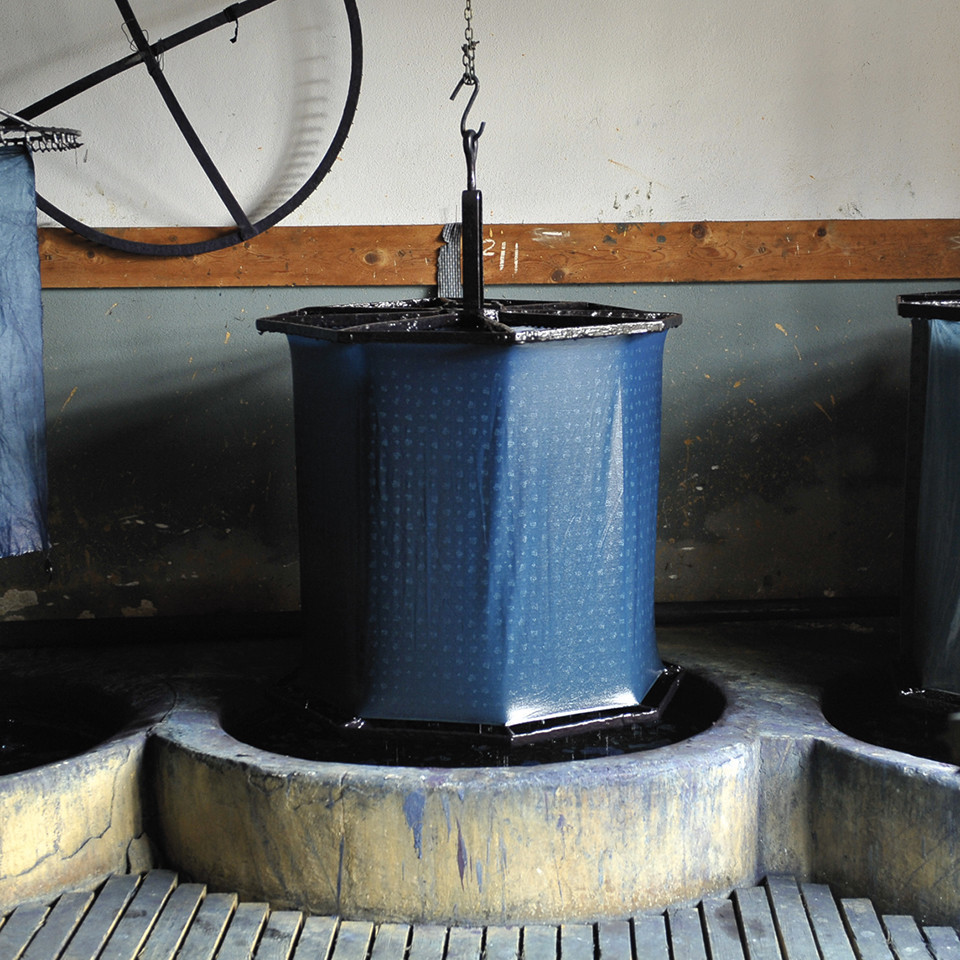
This text was published in HARD COPY 14 / Winter 2021
Good Bank

By Laura Reinke
We regularly feature a self-test aimed at making our lives more sustainable. This time, writer Laura signs up for a sustainable bank account – and tells us if we should write off conventional forms of banking.
I freely admit that I was swayed by the pretty pastel design of the credit card. Instead of my old light-blue card with its boring dark blue logo, the card for my brand-new sustainable account features an illustration of a hand with nails painted in millennial pink, holding an apple.
I also confess that for many years I didn’t really give much thought to whether my old bank – the largest in Germany – was sustainable. Roughly 25 years ago, my grandmother opened up a savings book for me and I was given interest on my pocket money. I remained loyal to the bank – even without a savings book, when the interest dried up and I had to pay quarterly fees – and it simply never occurred to me to question this loyalty.
Then I heard about a sustainable bank (the one with the pretty cards) called Tomorrow. The website told me: “We buy organic vegetables and use green electricity – while (most conventional) banks are investing our cash in projects without our approval, like new coal-fired power plants.” I instantly felt a wave of guilt. Shortly afterwards, I opened a sustainable account (free of charge and it took only 7 minutes). I did a bit of research beforehand: conventional banks make a profit by investing their customers’ money in sectors which these customers might not have chosen themselves – weapons, factory farming, palm oil. And fossil fuels which, according to the Fossil Fuel Finance Report 2020, the world’s leading banks have been investing heavily in between 2016 and 2019. Top of the list in Europe is Barclays (US$118 billion), HSBC (US$87 billion), BNP Paribas (US$84 billion), Credit Suisse (US$74 billion). In 5th place comes my bank, Deutsche Bank (US$69 billion).
Just think of the positive changes these banks could make if they invested in climate-friendly projects instead. That is exactly what Tomorrow and other sustainable banks like Triodos Bank and GLS Bank do, using their customers’ assets exclusively for projects like wind power or building more affordable housing. When choosing investments, Tomorrow ensures that they make a contribution to the achievement of the UN’s Sustainable Development Goals.
For every euro I spend I’m helping to protect a square metre of Brazilian rainforest from destruction.
This wins me over, and I inaugurate my new smartphone-based account by transferring money from my old account. Ten days after opening the account my new Visa card arrives. The whole process is incredibly easy and smooth. What I like best is that every time I use the card, Tomorrow donates the small handling fee that the recipient pays to the bank to a climate project: for every euro I spend I’m helping to protect a square metre of Brazilian rainforest from destruction (215,728,291 square metres have been saved by Tomorrow customers in total). On the Tomorrow website I can also see in real time how much money is being invested in which sustainable project. The app sends me a push message every time money is deposited on my account or I make a payment, and shows how much CO2 my expenditure is responsible for. With the (premium) Tomorrow Zero account I could also offset my annual emissions.
I love my new account, and yet I was still a bit nervous about cancelling my old one after so many years, particularly because I was certain it’s going to be an administrative nightmare. The opposite is true – and, what’s best of all, I can do everything online. I used the account change service Finleap – a Hamburg-based company, like Tomorrow. All my direct debits, payments and standing orders are listed and automatically changed and my new bank details are shared with anyone who needs to know them. To give your landlord, employer etc. enough time to change your bank details in their system it makes sense not to be too eager to cancel your old account. Instead, let the two accounts overlap by about three months. That’s what I’m doing – and I’m just about ready to remove that old blue card from my purse …
Past Stories
Copy












